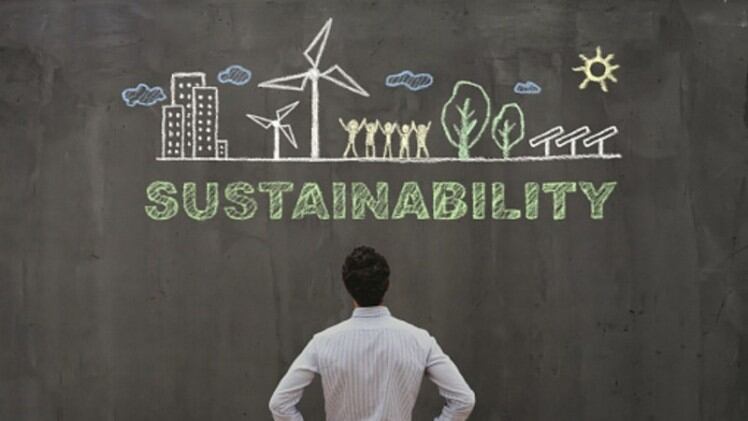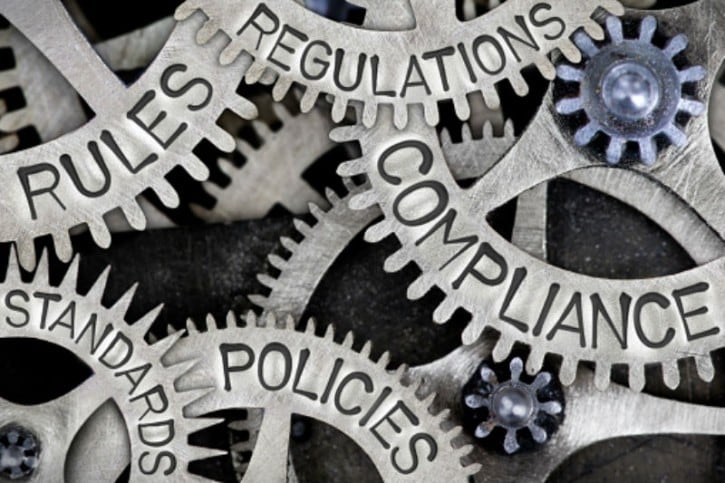A lot of the debate and backlash to the EU’s controversial Deforestation Regulation (EUDR) has largely been voiced and led by the palm oil industry in Asian producer markets, but the policy will also have major impacts for commodities such as cocoa, coffee, rubber and many more.
The EUDR came into force in June 2023, with an 18-month transition period for companies until December 2024.
While the EUDR may have sustainability and deforestation-free supply chains at the heart of its argument, industry stakeholders from beyond the palm oil sector are now avoicing concerns regarding potential impacts to the food and beverage industry.
“Asia is a notably large market both from a consumer and producer point of view, and a lot of cocoa produced in this region is being exported to markets like the United States and EU,” ofi Head of Cocoa Sustainability Andrew Brooks told the floor at a recent closed virtual webinar discussing the EUDR held by the Cocoa Association of Asia, which FoodNavigator-Asia attended.
“Due to these trade relationships, we see EUDR risk to impact on the global flow of cocoa products in terms of the potential of this creating a two-tier market, one tier supplying cocoa to the EU and one to the rest of the world.
“What this ultimately means in the long run is that there is likely to have implications on product costs and pricing [and it is unclear who will absorb these].”
This uncertainty is particularly concerning as the additional costs that arise as a result of EUDR compliance - which would require various aspects such as a top-notch traceability system and large amounts of geolocation data and relevant processing - could well impact farmers or consumers, a troubling notion in the current economy.
Brooks added that the worry here does not lie so much with big food MNCs, but more so with the smaller smallholder farmers or firms that would struggle to deal with these additional costs.
“We already have heard of many large MNCs having stated their intentions to source sustainable cocoa by 2025, so this will hopefully reduce the overall impact,” he said.
“The two-tier market could potentially also benefit SMEs that are able to [make the shift] quickly and flexibly enough, as they could increase their market share considerably.
“But our biggest challenge for implementation right now, based on involvement in many sustainability programmes over many years, is how we [and other big firms] can manage the indirect supply chain - this is really the elephant in the room that needs to be tamed and traced to ensure full EUDR compliance, and it is not going to be easy.”.
The complexity of compliance
Also speaking at the conference was Rainforest Alliance EU Public Affairs Lead Fanny Gauttier, who concurred that smallholder farmers are likely to pose the biggest challenge for the cocoa industry, similar to challenges in the palm oil sector.
She also predicted overall increases in costs of certification for chocolate and other food firms to become EUDR-ready, simply due to the overall technology and data requirements needed to fulfil this.
“It is difficult to know what is going to happen with regard to costs and premiums after the EUDR [is in full swing],” she said.
“We do not anticipate increases in the costs for Rainforest Alliance certification, as we are quite aligned with the requirements, but we do foresee increases in costs for companies in general.
“This is due to the need for the relevant geolocation information necessary to make traceability happen, and the companies will need to pay for that increased traceability information.”
It appears that at this point, the EU itself also has no answer to the question of ‘who will pay’ for the additional costs and premiums, a question which was posed several times throughout the event, including to Deputy Head of the European Commission Directorate-General Environment Helge Zeitler.
“[The EUDR] designates that the responsibility for compliance falls with the operator, who is the person placing the person on the market in the EU,” she told the floor.
“These are the people who will need to ascertain that they are sourcing the cocoa from a trusted source and confirm with those before them in the supply chain that the beans are EUDR-compliant.
“We are also stepping up cooperation with producer countries via initiatives such as the SAFE project and the Cocoa Dialogue - we know there is a need to identify where the challenges lie in producer countries, such as with smallholders to address these because we feel they can really benefit a lot from the regulations as there is no costly scheme involved.”





